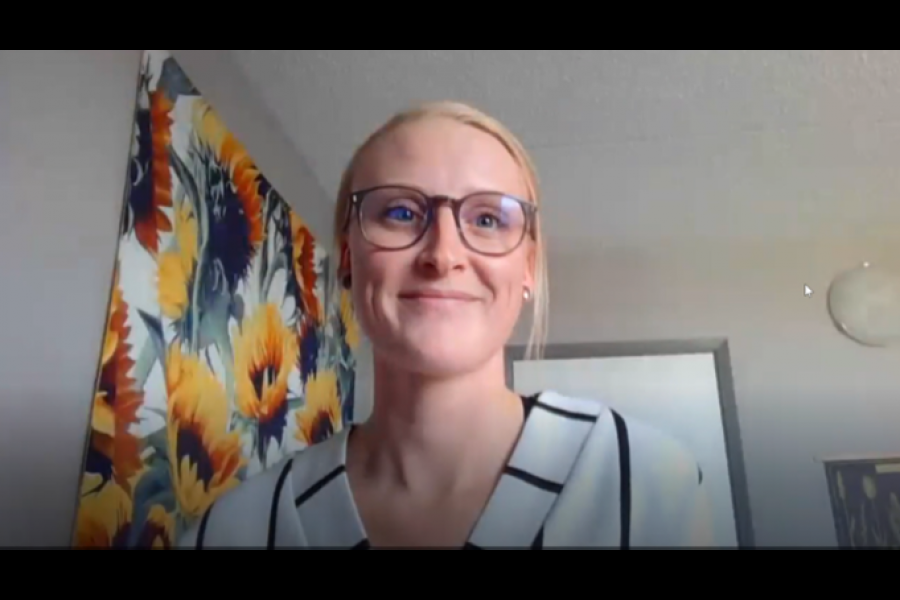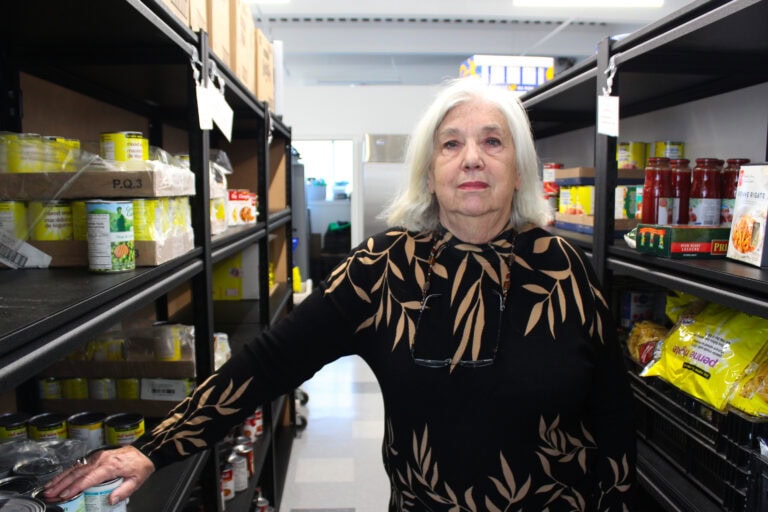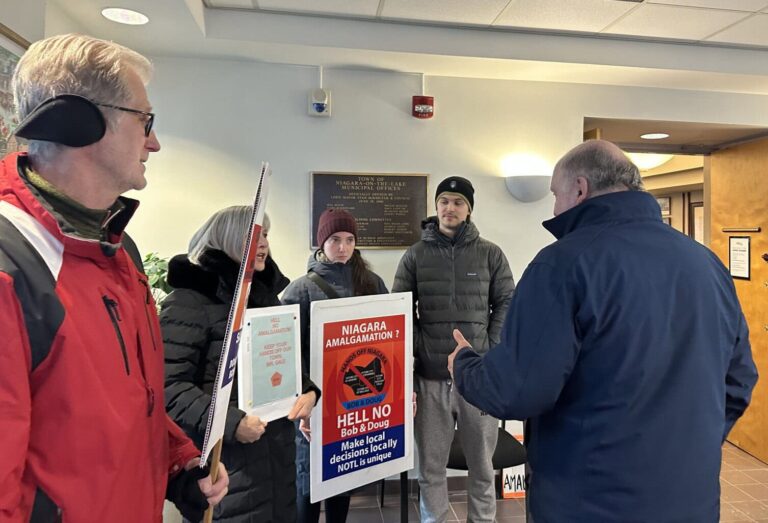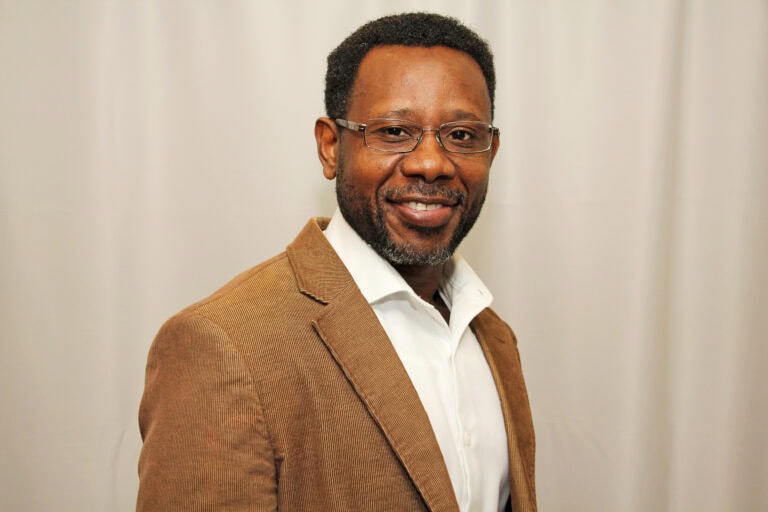Niagara is home to large areas of sensitive wildlife habitat and it is crucial that community members and governments ensure their preservation, a panel of experts told an online discussion.
In the first seminar in a series by Brock University and the Niagara Parks Commission, senior manager of environmental planning Ellen Savoia described environmental stewardship as “an honour and tremendous responsibility. We have some of the most significant and precious lands along the southern Ontario border.”
“We have a responsibility because of these unique habitats – to restore them and be stewards of them.”
Corey Burant, project manager of forest health explained, “Niagara Parks has one of the highest concentrations of species at risk: plants, animals, rare habitat types.”
His work focuses not only on protecting these species, but also enhancing their populations.
He mentioned a favourite project where Niagara Parks anchored trees into water along the Niagara River shoreline. This gave a second life to Christmas trees and ash killed by emerald ash borer, and provided crucial fish habitat.
Throughout the session, engaged audience members asked questions of panellists. “These examples are so inspiring!” one attendee said.
Brock master's student Brooke Kapeller also presented her research, in which she identified environmental projects in Niagara and assessed public perspectives through surveys.
Kapeller noted the public is “very keen to engage in stewardship work” and recommended that funding for these initiatives be expanded to include monitoring and evaluation.
When it comes to development, Burant explained that Niagara Parks strikes a delicate balance and prioritizes sustainable tourism and visitor services, which then raise funds for habitat preservation.
For example, “We have a golf course, but it’s an Audubon-certified course that doesn’t use pesticides and supports wildlife,” said Burant.
Niagara Parks leads by example to show other businesses and organizations, “You can make money and still be good stewards. They’re not necessarily opposed to each other,” said Savoia.
The agency also uses some fascinating methods to keep ecosystems healthy. Burant described the process of prescribed burns, where fires are intentionally set to blacken the surface of grasslands, so sunlight heats up the ground more rapidly. Native species thrive, but this keeps invasive species at bay.
From a planning perspective, Savoia said, “Climate change is at the centre of a lot of what we're thinking about right now, and it’s shaping how we're planning for the future.”
She said the parks commission is working on a climate adaptation plan with Brock University.
Operationally, climate change considerations involve changing winter maintenance requirements, changing ability for native species to thrive or invasive species to dominate, and more frequent storm events.
“These are all things that come into our planning,” she said.
Brock professor Dr. Ryan Plummer, who moderated the panel, agreed. “If the pandemic has taught us anything, it's to expect the unexpected.”
Plummer studies the human-environment relationship and was acknowledged as one of the world’s most influential researchers in 2017.
When thinking about the future of environmental stewardship in Niagara, Savoia looks forward to learning from Indigenous traditional knowledge.
“Building better relationships with Indigenous partners, especially around caring for the land. That’s a whole vast area of understanding, seeing the world differently. I think that’s the future for us at Niagara Parks.”
The next seminar in the series is Oct. 28 at 7 p.m. Participants can register for free on the Brock University or Niagara Parks websites.
Burant hopes sessions will help people gain a greater appreciation for the unique habitats in Niagara, and the passion and innovation involved in keeping them healthy.
“It’s there to enjoy, but we’ve got to do it responsibly.”











